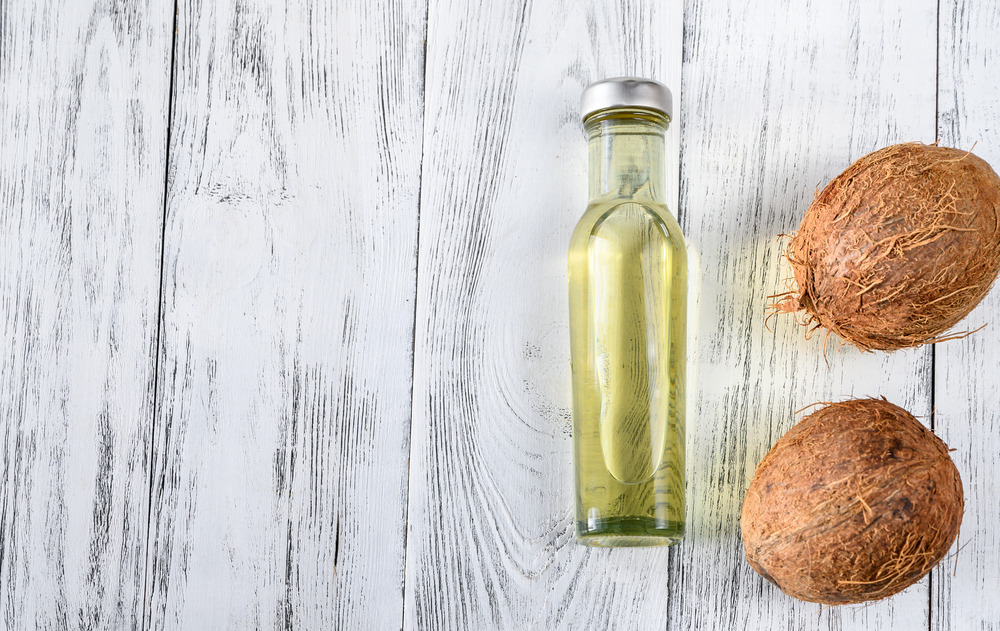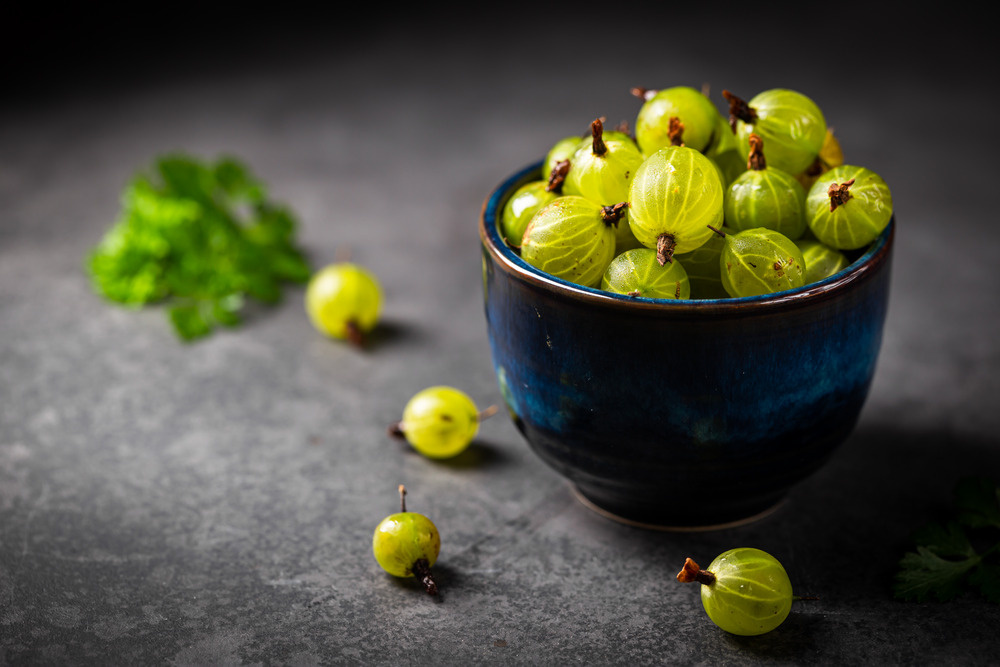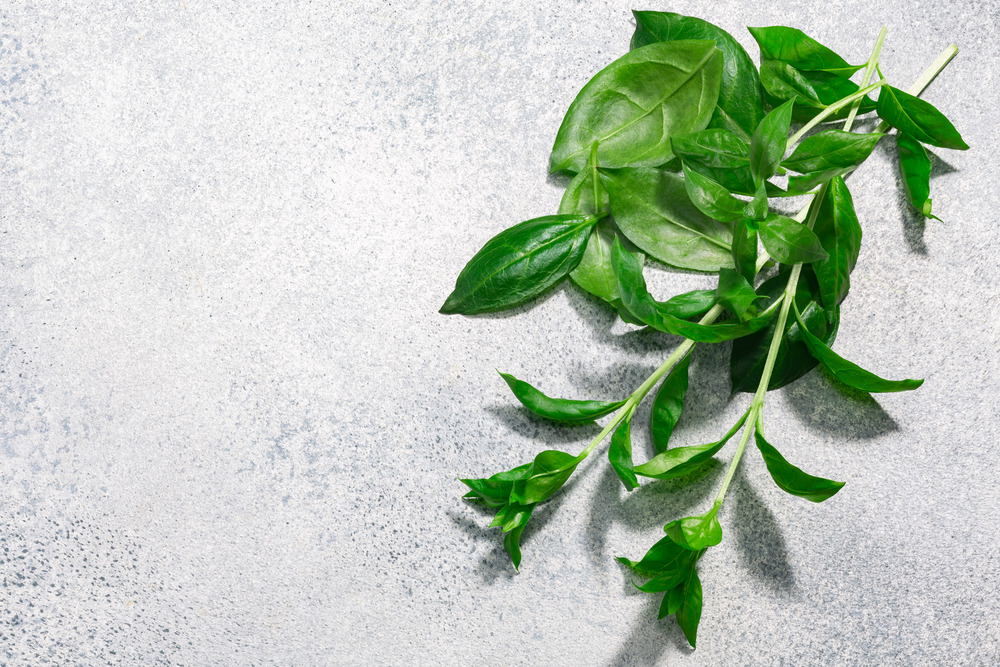
Hair loss is a common problem, thanks to a fast-paced lifestyle, improper lifestyle and dietary choices, pollution, contamination due to GMO products, and whatnot. Unchecked hair loss can result in thinning hair and receding hairline.
It can be disheartening to see that hair loss isn’t contained no matter what’s done. But there’s hope, especially if you’re ready to put in some effort and try out natural home remedies for hair loss.
With increasingly more of us becoming aware of how things are dwindling due to improper choices, holistic living is gaining popularity and recognition. Natural remedies are sought after, and here we’re looking to explore some of the tried and tested hair loss remedies.
Hair Loss Remedies You Can Try at Home
You don’t have to go through complicated steps or find the “nectar of Gods” to resolve issues. Sometimes, a simple change can go a long way. That’s why they say, “Keep it Sweet & Simple.”
Some of these remedies don’t need to do anything, but just use them as they are. So, are we ready to roll?
Aloe Vera

Applying Aloe Vera regularly can keep dryness, dandruff, and itchiness at bay, thanks to the hydrating properties of Aloe Vera. It curbs hair fall when used regularly and can do wonders for frizzy or dry hair.
You can massage aloe vera gel to your scalp and apply it to your hair. That’s all! You can add your favorite essential oil for the aroma or benefits it offers.
You can use this as a leave-in or pre-shower and wash it off. Use it twice a week to maintain healthy hair.
Please wait for a few weeks before taking a call. Then, you can wait and watch as long as it doesn’t aggravate or cause issues.
Coconut Oil

Rich in nutrients like potassium, minerals, essential fatty acids, iron, and more, coconut oil is one of the best hair foods nature gifts us. A deep conditioning and nourishing hot oil treatment with coconut oil once a week can strengthen your hair, improve hair quality, curb hair loss, promote hair growth and makes your hair and scalp healthier.
Lauric acid prevents issues like dandruff, while potassium curbs hair breakage. It conditions your hair naturally and is used widely in Asian countries as the main and sometimes only hair care aid.
You can add this to your hair oil and prepare your hair oil with coconut oil, and you can even add in other oils along with coconut oil to keep things interesting and try out different things to see what works for you best.
Onion Juice

We have all heard a lot about onion juice and its benefits. That curbs hair fall and promotes hair growth, and hair regrowth is a wonderful bonus.
Loaded with sulfur, they build and nurture your hair. As a result, you can see increased hair thickness shortly after you start using it regularly.
You can use onion juice as is or add other ingredients to it and use it. Use it twice a week as a mask for combatting alopecia areata and improving your hair health.
Use shallots for best results, though the large onions work, albeit not as well as shallots.
I like to add a dash of garlic or ginger juice, though I also add other herbal juice when I can get them, like henna, gooseberry, false daisy, margosa, moringa, etc.
Vegan Rosemary Oil

Rosemary oil has been proven as an effective home remedy to promote hair regrowth and growth. It is also said to curb premature greying and promote healthy hair growth.
Rosemary leaves are combined with sage to fight premature graying. It is used individually or with other remedies to combat excessive hair loss, androgenic alopecia, enhance hair quality, etc.
Let’s take a look at how to prepare Rosemary oil at home. It’s easy and works wonders for hair growth and hair regrowth.
What You’ll Need
- Rosemary Twigs – a Handful
- Coconut Oil – 1/2 Cup
- Rosemary Essential Oil – 7 Drops
How To Make
- Cut the rosemary twigs and let them dry in the shade.
- When fully dry, remove and set aside.
- Add the dried rosemary twigs to a glass mason jar and pour over the coconut oil – you can add more or less as needed.
- Let the oil get infused – takes 4 – 8 weeks.
- You can keep it in the shade outside daily and bring it in at night. But ensure the jar is always covered with a muslin cloth to prevent dust or debris from entering.
- Once the oil is sufficiently infused, filter and transfer it to a sterilized oil jar.
- Add rosemary essential oil to this and shake gently.
- Done!
How To Use
Take a few drops of rosemary oil on your palm and gently massage your scalp in circular motions as you apply.
Apply a few drops on your hair, and don’t forget the tips.
You can use this as a leave-in or as a pre-shower treatment.
If you’re using it as a pre-shower treatment, wait at least 25 minutes before washing it off with mild shampoo.
Notes
You can add other herbs or essential oils you prefer.
You can prepare this with olive oil instead of coconut oil.
If you’re using it as a pre-shower treatment, add onion, garlic, castor oil, or other herbs to encourage hair growth and curb hair fall.
Apple Cider Vinegar Hair Spray

Apple cider vinegar by itself does wonders for hair and scalp. However, this hair spray is for nurturing and nourishing hair to curb hair loss and promote hair growth.
A healthy scalp is a key to healthy hair. ACV helps clarify the scalp, restore the scalp’s pH levels, curb dryness, itching, or flaking and stimulates hair follicles to promote hair growth.
It’s not vegan, but you can find suitable alternatives if you’re allergic to ingredients from the options given after the recipe.
The recipe is easy to prepare but packs a punch, so let’s get started.
What You’ll Need
- Apple Cider Vinegar – 4 Tbsps.
- Coconut Oil – 1 Tbsp.
- Honey – 2 Tbsps.
- Distilled Water – 3/4 Cup
- Lemon Essential Oil – 16 Drops
How To Make
- Add all the ingredients to a sterilized spritzer bottle.
- Shake gently.
- Done!
How To Use
Spritz your hair and scalp with the prepared hair spray liberally and massage gently for a few seconds.
Wrap your head with a shower cap and let it sit for an hour or two.
Wash off with a mild shampoo, condition, and air dry.
Style as usual.
Notes
You can do this twice a week and then move to once a week or as needed.
Don’t use ACV undiluted on your hair or scalp.
You can also add herbal teas, including but not limited to rosemary, sage, stinging nettle, hibiscus, etc., for promoting hair growth and curbing hair fall.
You can also add black tea, green tea, coffee, and darker locks for improved hair growth. You can add this to the oil to infuse or as brewed tea or coffee.
You can add hair-beneficial essential oils like lemon essential oil, myrrh essential oil, eucalyptus oil, wintergreen oil, thyme essential oil, etc.
Vegan Avocado Mask

Rich in Vitamins A, B6, C, and E, all of which are great for hair, avocado is one of the most nourishing and moisturizing home remedies for hair. It will stimulate hair growth, strengthen your hair shaft from within, and reduce hair fall.
It nourishes your hair roots from within and encourages new hair growth combatting hair thinning and dullness. When combined with the powerhouse of nutrition banana, it’s one of the best home remedies that positively influence your hair growth cycle and stop excessive hair fall.
What You’ll Need
- Ripe Avocado – 1
- Ripe Banana – 1
How To Make
- Scoop out the flesh from the avocado and chop it into bite-sized pieces.
- Remove the banana peel and chop them into smaller pieces.
- Just mash them both together or blend them into a fine paste.
- Done!
How To Use
Using a brush, apply this paste to your scalp and hair, and cover your head with a shower cap.
Let it sit for 25 – 30 minutes.
Rinse thoroughly with cold water.
Wash off with a mild shampoo and condition.
Air dry and style as usual.
Notes
If you want to add more volume to this mask, you can add coconut milk, aloe vera gel, or ground hair care herbs like gooseberry, false daisy, and margosa, depending on your hair color, henna, etc.
If you are good with non-vegan options, honey, yogurt, or eggs are great.
You can also add a spoonful of Olive Oil for softness, castor oil for improving hair density, etc.
You can add a few drops of lemon juice to boost its vitamin C.
Vegan Indian Gooseberry Mask

Rich in Vitamin C, this pack helps increase collagen levels in the scalp. This helps promote hair growth besides nourishing hair. Rich in nutrients and antioxidants, this is one of the best hair care masks to combat hair loss and promote healthy growth.
What You’ll Need
- Indian Gooseberry – 1 Cup (Chopped)
- Lime – 1
How To Make
- Cut Indian gooseberry into bite-sized chunks.
- Juice one lime, filter, and set aside in a mixing bowl.
- Grind the gooseberry and add in the lime juice.
- Mix well.
- Done!
How To Use
Apply this hair mask on your hair and scalp, massaging for a few seconds as you go.
Cover your head and let it sit for a good 20 minutes.
Rinse with cold water and then wash off with a mild shampoo.
Condition and air dry.
Style as usual.
Notes
You can add aloe vera resin to this mask to strengthen your hair and darken your hair color. You can soak the resin in water overnight and grind it with gooseberry.
You can also add Terminalia chebula powder to combat hair loss, scalp issues, and premature greying.
You can also add black seeds to this recipe. Finally, you can grind it along with gooseberry.
Of course, onion juice is another ingredient you can add to any recipe possible for combatting hair loss and stimulating hair growth.
You can add a few drops of carrier oil to this hair mask – you can use any carrier oil that suits you, like coconut oil, Jojoba oil, argan oil, apricot oil, almond oil, etc.
Henna Hair Mask

Henna has several uses in hair care and styling, considering it’s used to color hair naturally. But do you know it promotes hair growth and combats hair loss?
You can use this mask without any issues if you have dark locks. If you have grey hairs showing up or want to color your hair, modify the recipe to match the looks you’re going for. We should be adding hair color recipes soon.
What You’ll Need
- Henna Leaves – 3 Handful
- Yogurt – as needed
How to Make It
- Grind the henna leaves, adding water or yogurt to a fine paste.
- Done!
How to Use It
Apply the prepared henna hair pack on your hair and scalp, and cover your head with a shower cap.
Let it sit for 45 minutes.
Rinse thoroughly and wash off your hair.
Condition and air dry.
Style as usual.
Notes
It’s important to understand that while henna can stain your hair a light to mild orange, we have not let it release dye overnight, fastened the dye release process, or soaked it for longer to stain your color well.
However, if your hair is light, it can still stain your hair. Also, if you have grey hairs, it can still stain them lightly. So, do a patch test to see how visible it is and take a call.
For those who can’t use yogurt for a henna pack, consider using coconut milk, pure aloe vera gel, rose water, and rice water to prevent hair drying.
You can add a few drops of eucalyptus or wintergreen oil to offset flue as symptoms some get after applying a henna pack, or even add a few pinches of cinnamon or clove powder or both to the pack.
For those who want to use it as a hair color, henna alone will not be sufficient; you need other ingredients depending on your hair type and shade you’re going for. So stay tuned for hair coloring recipes to know more about that.
Tips For Controlling Hair Fall
Use gentle strokes when washing your hair and scalp or applying oil. Harsh strokes or scratching vigorously can result in irritated hair and scalp.
Don’t rub too much while towel drying your hair, especially if you have fine, weak, or brittle hair. Pat gently to absorb excess water and let it air dry.
Use your fingers to detangle gently, then use a detangling comb to reduce hair breakage and fall. If you detangle with force, especially when wet, you will likely pull out that hair along with the tangles.
Don’t wash your hair frequently. Once or twice a week is a good routine for healthy hair growth and a happy scalp.
Don’t use harsh products on your hair or scalp; always use protection when heading out.
Reduce or avoid heat or chemical styling treatments to curb hair fall resulting from damage.
Prevent and treat scalp infections or issues as they lead to hair fall.
The health of your scalp and hair go hand in hand, always include and consider both in your hair care routine.
Eat a nutritious and balanced diet for healthy hair and scalp.
Avoid smoking or alcohol, and make sure your birth control pills are free from anabolic steroids.
Some health conditions, prescription medicines, or certain scenarios like childbirth can cause temporary hair loss.
Check for hormonal imbalance, nutritional deficiencies, or other issues that could cause hair fall by consulting an expert if hair fall persists after trying out home remedies.
Final Thoughts
Don’t have time for DIY recipes? Worried about trying home remedies for hair fall or if or not something can go wrong? Don’t worry; we’ve covered you with Vitamins Revive hair cosmetics. They have a range of premium, vegan, and cruelty-free hair care products, so you should be able to find one that suits you. Feel free to check out their online store to learn more about their products, current offers, and deals.
Got questions? Doubts? Want to share your feedback or request specific recipes? Feel free to write to us when you have a moment. We love to hear from you all.
FAQs
Common causes for hair fall in women
The most common causes for hair fall in women include hormonal changes, hereditary reasons, nutritional deficiencies, stress, damaging styling treatments, or prescription medicines.
Which oil helps hair grow fastest?
There’s no proven record or studies done on which oil is better than the other. So while carrier oils like argan oil, olive oil, coconut oil, avocado oil, and more are used, it boils down to your hair and scalp type and what suits your requirements best.
How often can you wash thinning hair?
Once or twice a week is good in most cases, except when hair becomes limp and oily or exposed to excessive pollution, etc.










